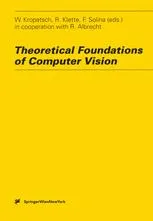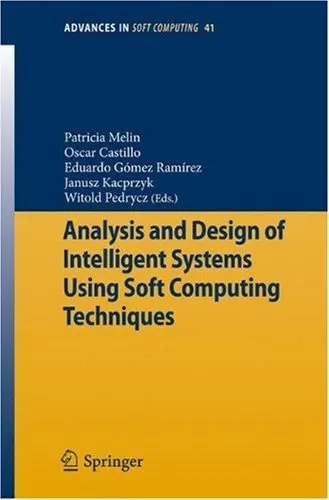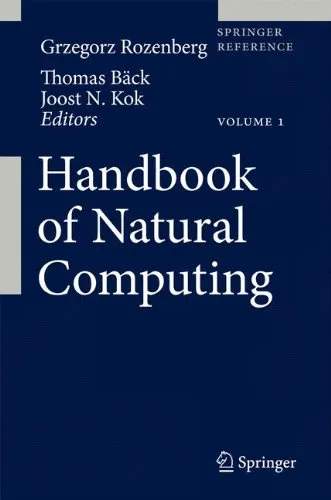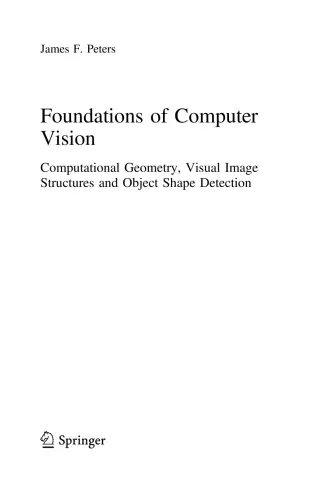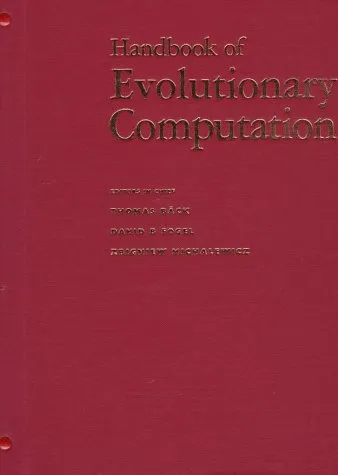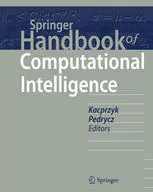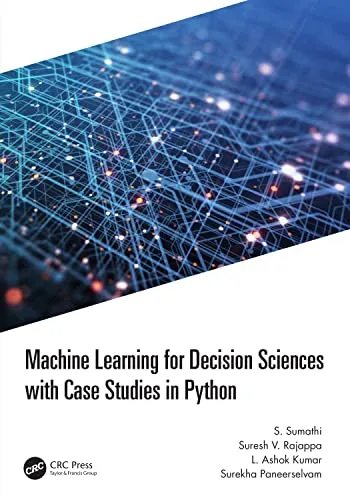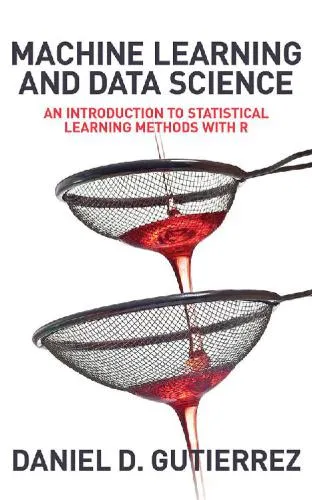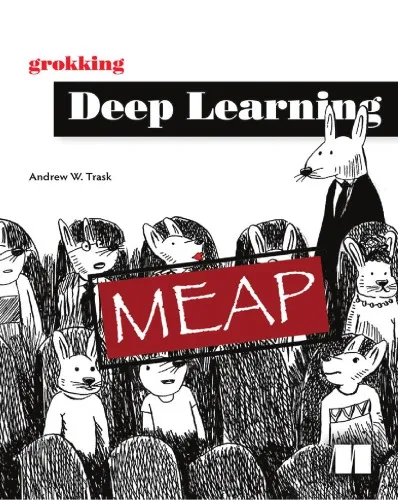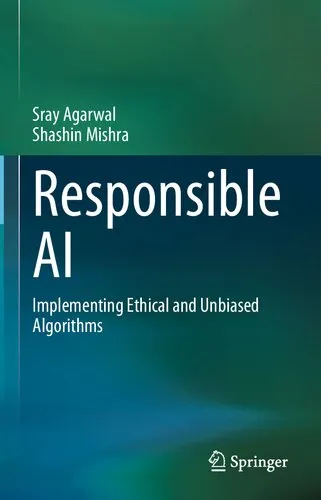Theoretical Foundations of Computer Vision
4.3
Reviews from our users

You Can Ask your questions from this book's AI after Login
Each download or ask from book AI costs 2 points. To earn more free points, please visit the Points Guide Page and complete some valuable actions.Related Refrences:
Theoretical Foundations of Computer Vision
In an era where digital technology and artificial intelligence dominate myriad aspects of human life, understanding the theoretical underpinnings of computer vision is more essential than ever. "Theoretical Foundations of Computer Vision" delves into this intricate field, providing a comprehensive exploration of the concepts and theories that drive modern computer vision applications.
Summary of the Book
This authoritative volume, contributed by prominent researchers in the field, serves as a cornerstone for those seeking to grasp the complexities of computer vision. It navigates through the core principles, offering insights into the geometric, algebraic, and algorithmic foundations that enable computers to interpret and understand visual information.
The content spans a broad spectrum of topics, including but not limited to image processing, 3D reconstruction, visual recognition, and motion analysis. Each chapter is meticulously crafted, combining theoretical rigor with practical relevance, ensuring that readers not only understand the concepts but also see their implications in real-world applications.
Key Takeaways
- Understanding the foundational mathematics behind image formation and interpretation.
- Exploring advanced algorithms that are pivotal in object recognition and scene reconstruction.
- Appreciating the intersection of machine learning techniques with traditional computer vision methods.
- Gaining knowledge about the challenges and current advances in 3D vision.
- Insights into motion analysis and the algorithms that facilitate movement tracking and interpretation.
Famous Quotes from the Book
“Computer Vision is no longer confined to labs; it shapes our daily interactions with technology.”
“The beauty of vision is that it transforms the abstract into tangible insights.”
Why This Book Matters
In the fast-evolving world of artificial intelligence, where visual data processing is key, this book acts as a crucial reference for students, researchers, and professionals. It not only serves as a comprehensive guide to foundational concepts but also bridges the gap between academic theory and practical implementation.
With its rich content and focus on emerging trends, "Theoretical Foundations of Computer Vision" stands as an influential work that helps shape future innovations in technology-driven fields. Its relevance cuts across various domains, from autonomous vehicles to healthcare diagnostics, proving its indispensability in the landscape of cognitive computing.
Free Direct Download
You Can Download this book after Login
Accessing books through legal platforms and public libraries not only supports the rights of authors and publishers but also contributes to the sustainability of reading culture. Before downloading, please take a moment to consider these options.
Find this book on other platforms:
WorldCat helps you find books in libraries worldwide.
See ratings, reviews, and discussions on Goodreads.
Find and buy rare or used books on AbeBooks.
1477
بازدید4.3
امتیاز0
نظر98%
رضایتReviews:
4.3
Based on 0 users review
Questions & Answers
Ask questions about this book or help others by answering
No questions yet. Be the first to ask!
